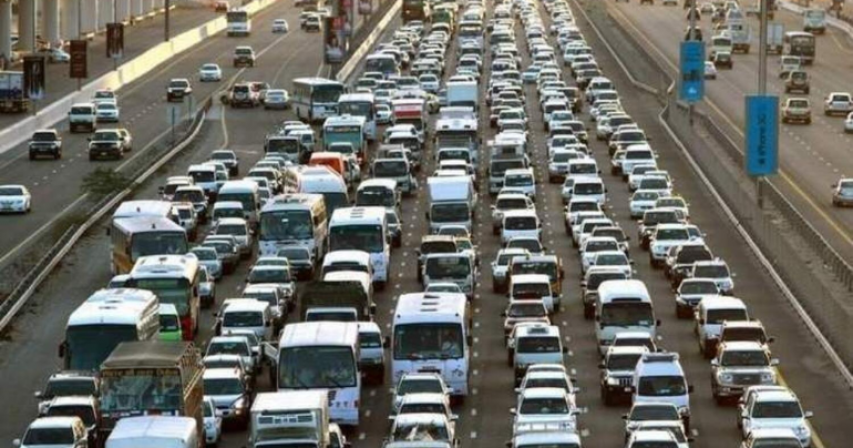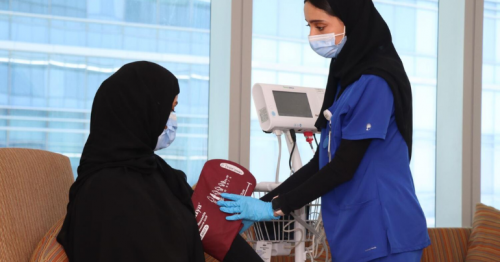Dubai’s new traffic plan to expand remote work policies

Dubai is rolling out an innovative traffic plan aimed at alleviating congestion across the city by expanding remote work policies and implementing flexible working hours within both public and private sectors. This initiative stems from a comprehensive survey conducted by authorities to understand how such measures could effectively mitigate traffic congestion, particularly during peak hours.
While the specifics of the implementation timeline remain unclear, Dubai has already demonstrated its readiness for remote work during emergencies. Following heavy rains in mid-April and early May, which prompted safety concerns, both private and government offices seamlessly transitioned to remote work arrangements, leveraging the city's robust digital infrastructure.
The newly approved traffic flow plan, sanctioned by the Executive Council, encompasses various strategies to enhance mobility. One significant aspect involves the development of priority public bus routes, with the potential to reduce trip times by an impressive 59 percent. The Roads and Transport Authority (RTA) had previously outlined plans to expand Dubai's dedicated bus lanes to over 20 kilometers, with completion anticipated between 2025 and 2027.
Additionally, the traffic flow plan incorporates initiatives to encourage school students to utilize designated school transport services. By promoting this mode of transportation, authorities anticipate a notable 13 percent improvement in traffic flow around educational institutions.
The endorsement of this plan coincided with the chairing of the Executive Council meeting by Dubai Crown Prince Sheikh Hamdan bin Mohammed, held during the Arabian Travel Market at the World Trade Centre. Alongside the traffic alleviation measures, the council also greenlit a policy aimed at fostering community engagement in shaping government policies, legislation, and services.
This policy seeks to elevate the quality of services by aligning them more closely with community needs and expectations. Enhanced public engagement will serve as a cornerstone for identifying these needs, fostering collaboration among stakeholders to enhance the overall quality of life for Dubai residents. Through this inclusive approach, the government aims to ensure that its initiatives are reflective of the diverse needs and aspirations of the community it serves.
By: Sahiba Suri





Comments